What Not to Include on a Resume
Research reveals that recruiters spend an average of only 7.6 seconds reviewing a resume. And for many open positions, a recruiter may never even see your resume, nevertheless spend time on it, thanks to applicant tracking software that can flag or even automatically reject a resume based on set specifications. Add to that the fact that most resumes (professionals with less than 10 years experience) should be only 1 page in length, and the stress is on to craft the perfect summary of your credentials that will attract the eye of the computer and the recruiter.
With space and time at a premium, and autobots in control, it’s important to leave out the fluff and focus on featuring information on your resume that’s most important to the position and landing that key interview. Let’s address what to exclude.
Things to Leave Off of Your Resume
The following list is not exhaustive, but it hits the popular information we see time and again on resumes that we feel should be omitted.
Unprofessional Email Address
Save the witty email addresses for communicating with family and friends. Set up an email, such as a Google or Microsoft account, that will look professional to recruiters. We recommend trying to obtain an email address that uses your name, i.e., Mary.Smith@domain.com.
Complete Mailing Address
In today’s WFH environment, you do not need to necessarily include your full mailing address. If you’re looking to obtain a position at a local business near your home, include your city and state. In the case of a remote position, you can leave your address off completely to free up space.
Objective Statement
We believe this is just a waste of space. In its place, we recommend inserting a Professional Summary that highlights important career achievements, qualifications, and why you would be a good fit for the position and company.
Non-Professional Related Social Media Accounts
While an updated LinkedIn or other professional profile is relevant, personal social media accounts should be excluded UNLESS they reflect your personal brand, i.e., you use the account to exclusively promote yourself professionally. These accounts should be included at the top of the resume with your contact information.
Your Age
It is not necessary to add your age to your resume. If the position to which you are applying has an age-related requirement, you only need to state that you meet such requirements; you don’t need to list your birth date. Also, if you are more senior in your career, you may want to leave off dates of earlier positions and even graduation dates. This could help avoid any unconscious bias around age.
Photographs and Imagery
In today’s digital world, you may be tempted to include your headshot, or perhaps graphics that demonstrate achievements – don’t do it. Recruiters may reject a resume simply because the photo is included as they don’t want to be accused of discrimination. Those bots we mentioned may also flag or reject your resume because of such imagery due to the restrictions set and/or because of difficulty reading them.
Company-Specific Jargon and Buzzwords
Don’t think you are positioning yourself well by using hot buzzwords. Recruiters see right through this tactic. We’re not saying ignore using a term simply because it is a hot one right now; if it is relevant to your position then include it. Just don’t use it for the sake of using it. And definitely keep out any terminology that is past or current employer jargon. You want to use language that anyone can understand.
Unexceptional Grades
If your grades aren’t great, leave them off the page. You want to hone in on positive achievements. If you are not a recent grad, you can save some space by taking off your GPA and any details about coursework.
Detailed Information about Short Term Positions
Not every position is long-term. For those less than a few months, keep the descriptions short and focus on the other positions.
References
It is no longer necessary to include references or even the line “References Available Upon Request” on your resume. If the recruiter or interviewer wants references, they will ask you to provide them.
Salary Mentions
Don’t list past or current salary. This is something that can be addressed during an interview if required. You should note that 20+ states and 20+ local governments prohibit employers from asking for salary history.
First Person Language
Refrain from using I, We or My. Instead, use action verbs.
Detailed Information about Hobbies and Interests
While mentioning your hobbies and interests gives recruiters a glimpse into your outside work life, and may even enhance your resume if the activities are related to the type job to which you are applying, don’t go overboard. A line or two is sufficient.
Overall, keep it simple. Stick to your skills and achievements. Eyes are drawn to the key factors and the easier you make that for the computer bots and recruiters, the better your chances for landing an interview.
For more tips, read our blog Basic Resume Writing Tips.
 En Español
En Español








